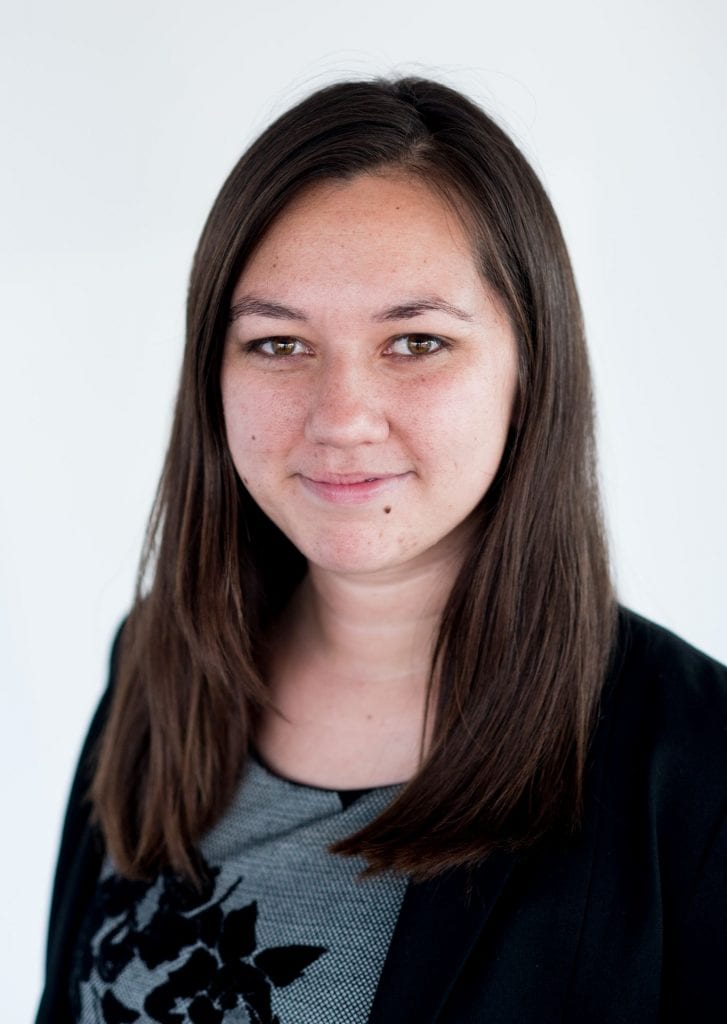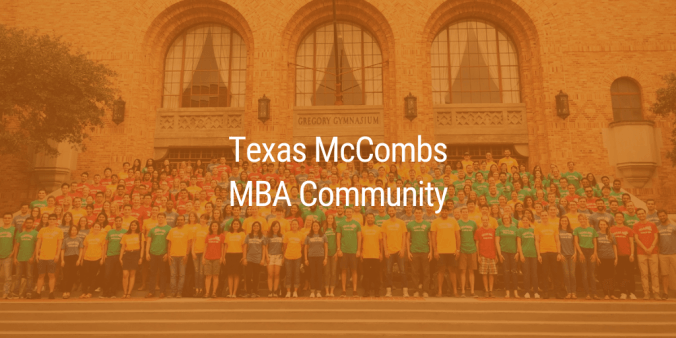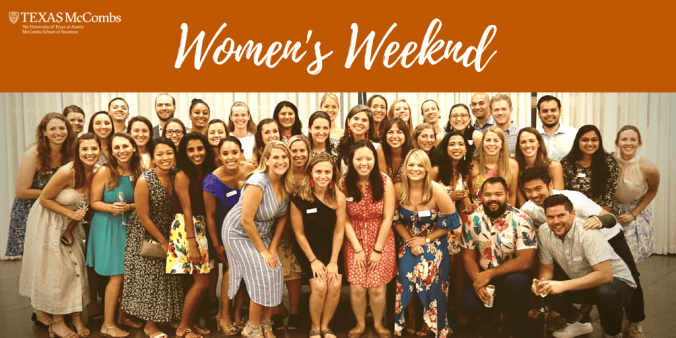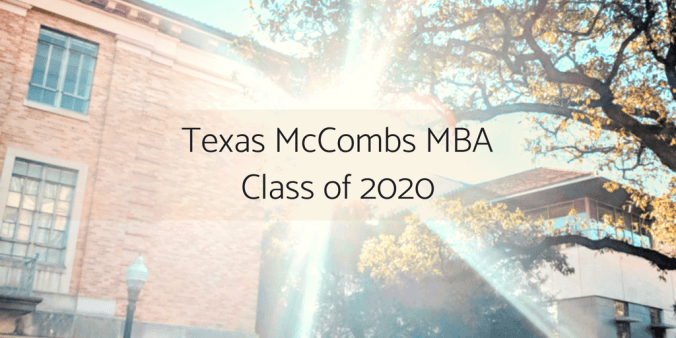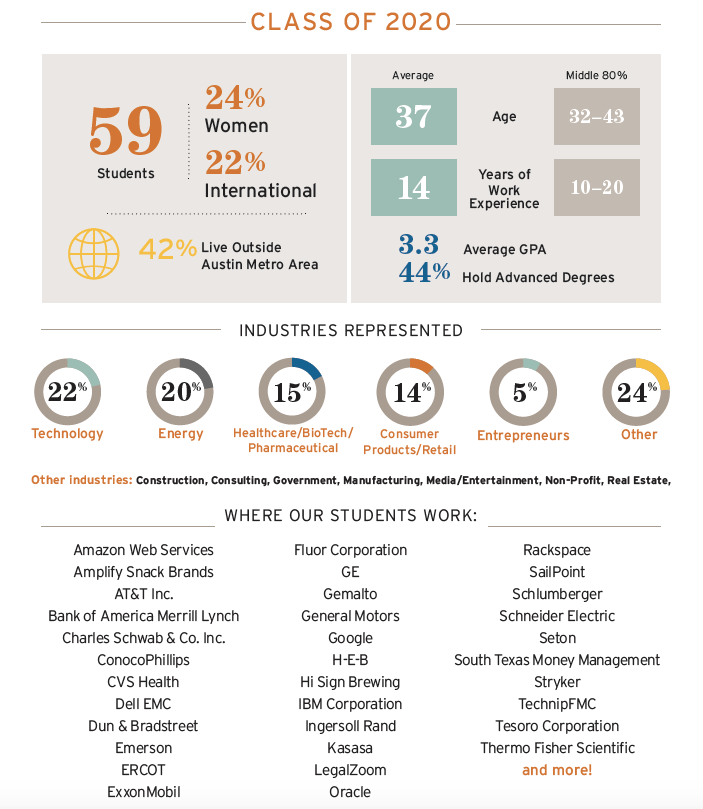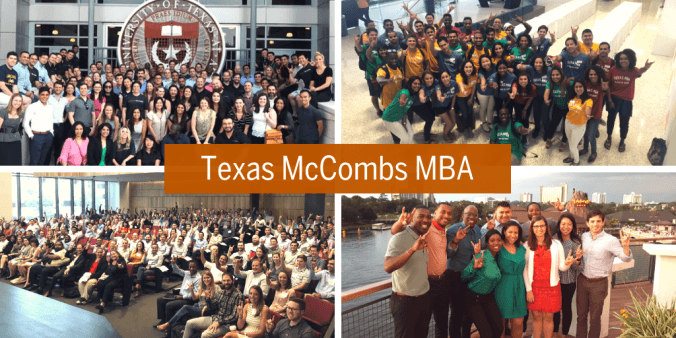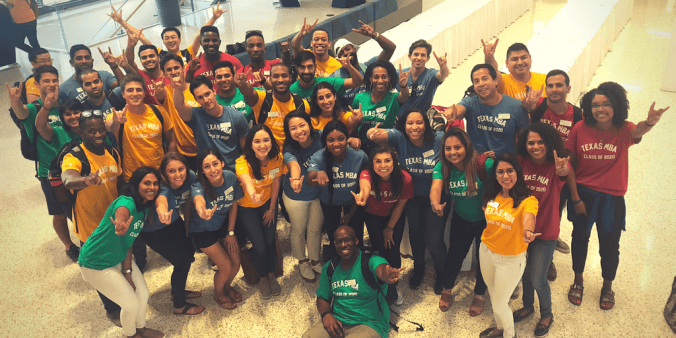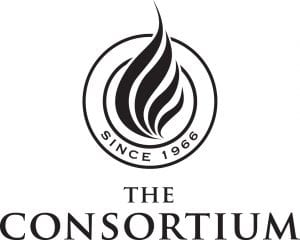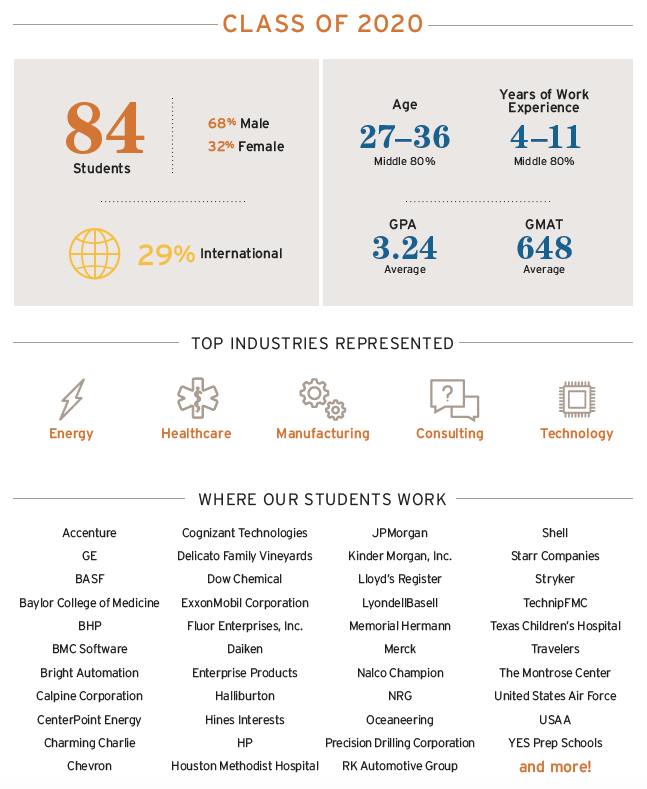Pursuing an MBA is a significant commitment of time and financial resources. At Texas McCombs, we understand that finding the best return on your MBA investment (ROI) is a priority. We are proud to have been consistently named a “Best Value” among Top 20 MBA programs!

As you evaluate the ROI for business schools you are considering, remember that the benefits of a top-ranked MBA go way beyond the potential for a higher salary. Growing your professional network, and the expansion of knowledge and skills should also play a role in evaluating ROI.
Expand Your Network
Texas McCombs is a globally recognized brand. When you join the program, you gain priceless membership in a lifelong alumni network that will continue to support and accelerate your career. Our alumni take great pride in giving back to this campus by helping mentor, support – and often hire – Texas McCombs students. Being a UT Austin alumni connects you to the most innovative leaders, thinkers, and doers around the world. You are a Longhorn for life.
The Texas McCombs and UT Austin Network
500,000+ UT Alumni
25,000+ MBA Alumni
100,000+ McCombs Alumni
30+ McCombs Alumni Chapters
The Numbers
Of course tuition and living costs are also considered in your ROI. Your individual considerations will vary when it comes to funding your MBA, but it’s always good to note current estimated tuition for the year you plan to start the program, cost of living, and any anticipated scholarships or financial aid.
Texas McCombs MBA Tuition
Current estimated annual tuition rate for the Full-Time MBA is $51,020 for Texas residents and $56,572 for non-Texas residents.
Texas McCombs MBA compares favorably against the national averages of $60,000 & $65,000, respectively, charged by other top 20 MBA programs at public universities. And the average annual tuition rate for private institutions in the top 10 is $72,485.
On average, 40-45% of admitted Texas McCombs Full-time MBA students receive scholarship offers.
Cost of Living in Austin
The cost of living in Austin is less than in many major cities. What costs $1 here is:
$1.56 in New York,
$1.43 in San Francisco,
$1.32 in Boston,
$1.30 in Los Angeles,
$1.29 in Seattle, and
$1.18 in Chicago
Texas consistently ranks as one of the nation’s most favorable business climates. Read more about the cost of living here.
Knowledge & Skills
While most graduate programs narrow your subject matter expertise through extensive research activities on a specific topic, an MBA curriculum allows you to learn about a variety of industries and business functions resulting in increased flexibility in potential career paths.
Texas McCombs is currently ranked in the top 3 for Business Analytics, Marketing and Accounting– we are consistently no. 1 for Accounting. The MBA also offers a new “Leading for Impact” curriculum component to provide focused individual assessment & leadership coaching within your MBA.
The value of your graduate degree is measured in more than dollars and cents. If you have any questions about the opportunities offered at Texas McCombs or how your goals may fit with our program, please reach out to us.
